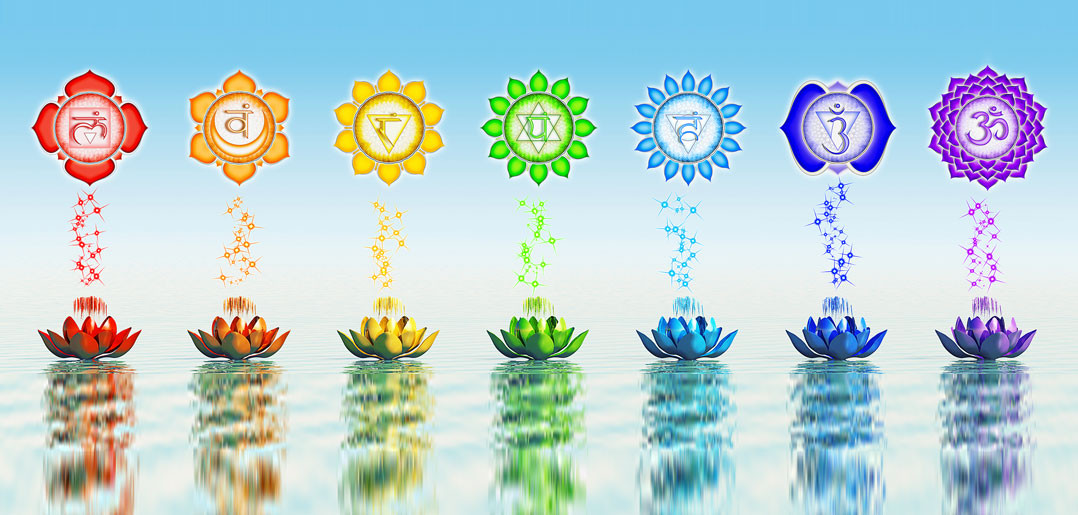
Yoga is so beneficial for the health in ways that modern health science is just beginning to understand this. Even though it has been applied with therapeutic intention for thousands of years, Yoga Therapy is only just now emerging as a discipline in itself. More health care practitioners are starting to include yogic techniques in their approach to healing — and more yoga teachers give a therapeutic intention to their teaching. People who have never tried yoga before are starting to consider including Yoga in their treatment plan.
As yoga techniques are researched and new data is gathered, it becomes easier for science and the medical establishment to understand and accept the benefits of Yoga Therapy. Yet there is still not one consensual definition of the discipline. In order to arrive to an adequate definition and to come up with proper standards for Yoga Therapy, it is crucial at this early stage to properly address some delicate professional and ethical issues. At the same time it is important to educate the general public about Yoga Therapy’s benefits and careful use.
Yoga Styles
While the principle of yoga is the same throughout, there are many different styles. This is great because you can pick and choose the style that suits your needs best.
Take a look below for some examples:
Ashtanga
Ashtanga comprises of six pose sequences. These increase in difficulty and can be quite exhausting. This makes Ashtanga a good style for those wanting to inject some cardio into their routine, but may not be suitable for those with limited mobility or health concerns.
Hatha
Hatha is one of the more common styles available. Typically a more gentle practice, Hatha is often recommended for beginners to learn the basics and benefit from the relaxation element.
Restorative
Restorative yoga is designed to encourage relaxation and healing. There is typically less movement, instead you spend 20 minutes or so in just a handful of poses. Staying in poses for longer ensures you get as much physical benefit as possible. Restorative poses are often incorporated in yoga therapy.
Vinyasa
Vinyasa is often referred to as ‘flow yoga’ as it involves moving through poses in a fluid motion. In-between holding poses you’ll go through a ‘vinyasa’, a series of moves which join together the poses. This style requires focus and is known for helping to calm down the mind. The amount of movement required however may make it difficult for those recovering from any illness or injury.
Some Desease & Physical Problems Can Be Solved By Yoga Therapy In Our Yoga School & They Are:-
- Arthritis/Rheumatic disorders
- Back pain
- Bronchial asthma
- Certain musculoskeletal issues
- Depression/Anxiety neurosis
- Diabetes
- Gastro-intestinal tract disorders
- Headaches
- Painful joints
- Sexual weakness
- Stress
- Thyrotoxicosis
Yoga Therapy Course Details:-
- Daily one Pranayama class
- Daily one Meditation class
- Daily two Asanas Practice classes
- One Ayurvedic Body Massage
- Nature excursions
- One tour in the Himalayas
What Does The Retreat Course Include ?
- 7 Nights Accommodation
- Yoga material
- Daily nutritious vegetarian meals
- One Ayurvedic Body Massage
- Nature excursions
